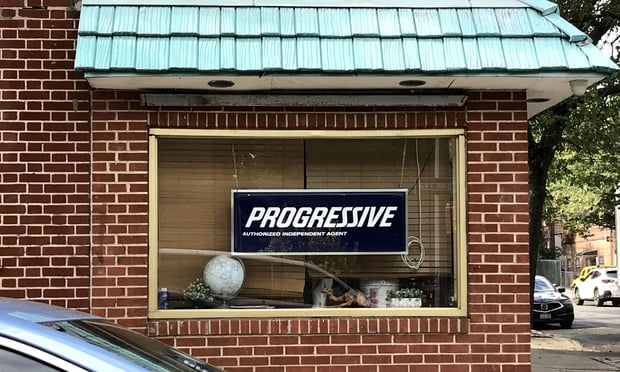A newly effective port security law could have far-reaching effects on inland marine transport, possibly delaying shipments, according to the Inland Marine Underwriting Association's president and chief executive officer.
Ronald Thornton, who heads the IMUA, told National Underwriter there would be some effect on truckers going in and out of the ports, but "whether this bill will create some delays in transit, I don't know."
Mr. Thornton said that while it most likely will not affect coverages or pricing, "if there are delays caused by this in the supply chain, if there are issues where merchandise gets stopped or delayed, then it's a whole new ballgame."
Titled the Port Security Improvement Act, the measure that President Bush signed into law Friday was designed to strengthen security at U.S. ports by establishing improved cargo screening standards.
The new law provides incentives to importers to enhance their security measures and implement a framework to ensure the successful resumption of shipping in the event of a terrorist attack.
The legislation, drafted by Susan Collins, R-Maine, chairman of the Homeland Security Committee, and Senator Patty Murray, D-Wash, also requires the Department of Homeland Security to develop a plan for the resumption of shipping in the event of a terrorist attack and install radiation detectors at the 22 largest American ports by the end of next year.
Mr. Thornton said coverage that could come into play as a result of the new law includes protection "for the carrier's liability to the cargo it's carrying, or from a transit insurance standpoint, where the shipper or consignee takes out insurance for their own account."
He explained that inland marine already covers cargo from the time it's picked up to the time it's delivered, "so it's not going to change that. What might change is how it affects goods in transit for a lot of companies working with the just-in-time delivery."
Another issue, he said, is the types of security measures that will be put in place. He noted that the bill's wording discusses ports, trucks, containers, barges and railroads.
"Will they screen more containers, put biometrics in--how will they do that, and what will it do to delays in the supply chain?" he asked. Even though this is a port bill, "there is some discussion about what it will do if law enforcement does more random checks of trucks moving on the highways--that's a big unknown right now."
He also wondered what the measure would do to vessel loading, turnaround and delivery. "So, we're early on. There are preliminary indications that it may do something, but what that is remains to be seen."
According to the Senate Committee on Homeland Security and Governmental Affairs, approximately 95 percent of the nation's overseas trade--worth nearly $1 trillion--enters or leaves through U.S. seaports.
Foreign vessels carry the bulk of the approximately 800 million tons of goods that come into the country. In fiscal year 2005 alone, more than 11 million containers arrived on American soil by sea, and that number is growing at a rate of more than 10 percent a year.
The act, which authorizes $400 million for port security grants, would, according to the Senate Committee:
o Help secure cargo and seaports.
o Help prevent a lengthy shutdown of America's seaports in the event of an incident.
o Provide layered security at every step of the supply chain.
o Push the borders out so limited resources can focus on suspect cargo.
Want to continue reading?
Become a Free PropertyCasualty360 Digital Reader
Your access to unlimited PropertyCasualty360 content isn’t changing.
Once you are an ALM digital member, you’ll receive:
- Breaking insurance news and analysis, on-site and via our newsletters and custom alerts
- Weekly Insurance Speak podcast featuring exclusive interviews with industry leaders
- Educational webcasts, white papers, and ebooks from industry thought leaders
- Critical converage of the employee benefits and financial advisory markets on our other ALM sites, BenefitsPRO and ThinkAdvisor
Already have an account? Sign In Now
© 2024 ALM Global, LLC, All Rights Reserved. Request academic re-use from www.copyright.com. All other uses, submit a request to [email protected]. For more information visit Asset & Logo Licensing.








